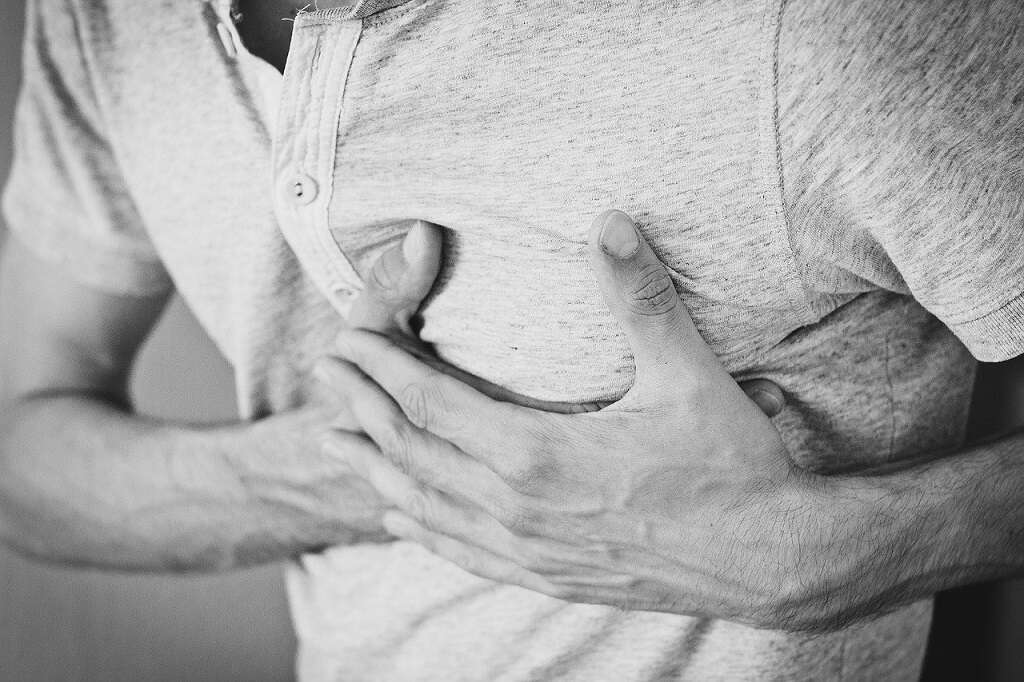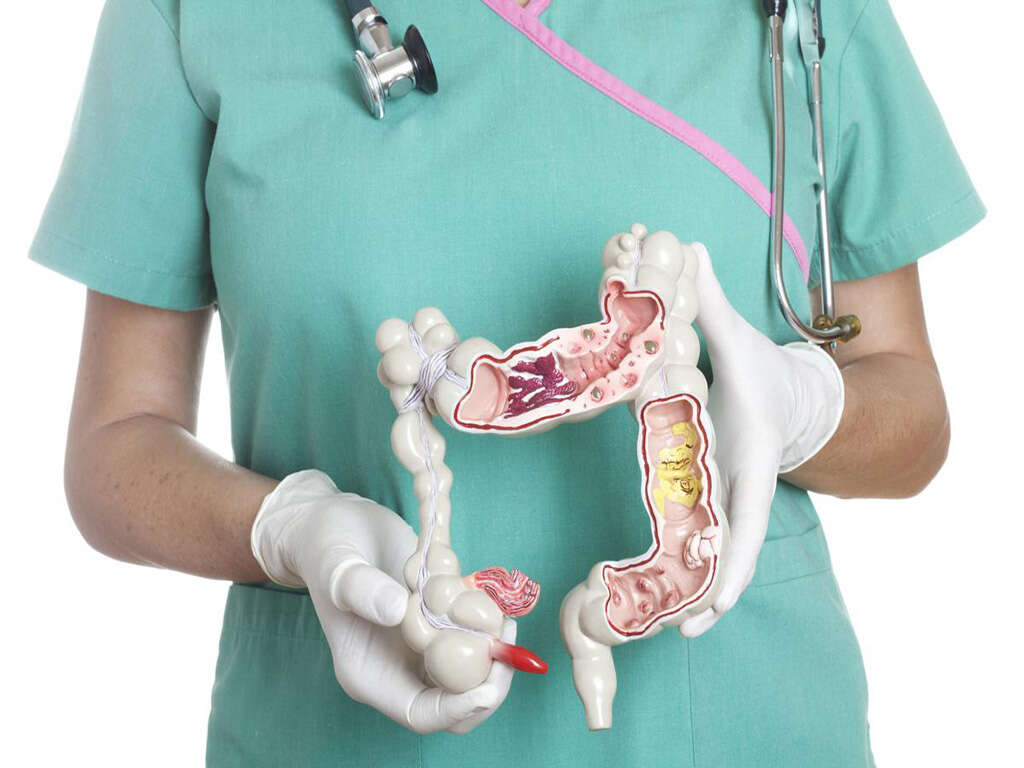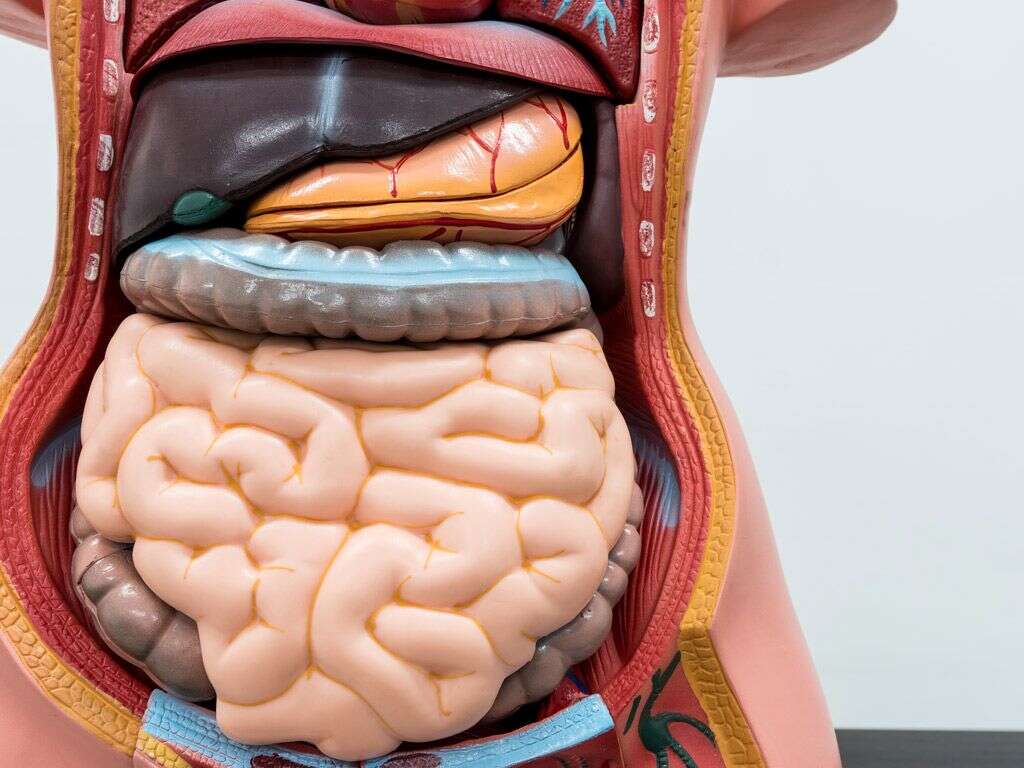10 Dysphagia Symptoms
 Article Sources
Article Sources
- 1. 'Articles.' Cedars, www.cedars-sinai.org/health-library/diseases-and-conditions/d/dyphagia.html
- 2. 'Dysphagia.' Mayo Clinic, Mayo Foundation for Medical Education and Research, 17 Oct. 2019, www.mayoclinic.org/diseases-conditions/dysphagia/symptoms-causes/syc-20372028.[](https://www.mayoclinic.org/diseases-conditions/dysphagia/symptoms-causes/syc-20372028)
- 3. Ebihara, Satoru, et al. 'Dysphagia, Dystussia, and Aspiration Pneumonia in Elderly People.' Journal of Thoracic Disease, AME Publishing Company, Mar. 2016, www.ncbi.nlm.nih.gov/pmc/articles/PMC4805832/
- 4. 'Heartburn.' Mayo Clinic, Mayo Foundation for Medical Education and Research, 17 Apr. 2020, www.mayoclinic.org/diseases-conditions/heartburn/symptoms-causes/syc-20373223
Dysphagia, or difficulty swallowing, is a medical condition that can vary from a minor annoyance to an urgent emergency. While dysphagia itself might not be serious immediately, it can lead to more serious difficulties, like food getting into the lungs.1‘Articles.’ Cedars, www.cedars-sinai.org/health-library/diseases-and-conditions/d/dyphagia.html
Dysphagia can have a number of causes, such as muscular and neurological disorders and esophageal diverticula or tumors.2‘Dysphagia.’ Mayo Clinic, Mayo Foundation for Medical Education and Research, 17 Oct. 2019, www.mayoclinic.org/diseases-conditions/dysphagia/symptoms-causes/syc-20372028. If dysphagia persists, a doctor can help identify a cause. That's why it's important to recognize dysphagia symptoms and carefully track which appear and when they begin. This record can be an invaluable tool for a physician.
Inability To Swallow
This is the primary symptom that identifies dysphagia. Difficulty swallowing is immediately identifiable by the patient, although it may have widely varying intensities. Dysphagia might begin as a slight difficulty but, over time, develop to the point where the patient cannot swallow at all.
Although this symptom may seem obvious, it's sometimes dismissed by patients at first. Instead, patients should carefully note if difficulty swallowing has persisted for several hours or if it comes frequently. While it may not seem serious at first, its potential to develop into a more severe condition or cause other problems means that patients should take it seriously.

Trouble Breathing While Eating
Normally, people don't need to think about how they breathe while they eat. The process is controlled subconsciously, and they can do both without any trouble. But people with dysphagia may have trouble breathing while eating. It's a distinctive symptom that anyone who suspects they may suffer from dysphagia should track carefully.
Trouble breathing and eating at the same time can lead to more serious issues, such as food entering the lungs. People experiencing this should see a physician for treatment soon.

Feeling Like Food Is Stuck in the Throat
Patients with dysphagia commonly feel as if there's food stuck in their throat or behind their breastbones. This symptom is more of an annoyance, but it can be an important signal indicating dysphagia. The symptom is noticeable enough to be easily trackable and not easily mistaken for other problems.
This symptom should be taken more seriously if it persists or happens repeatedly within a few days. A physician may be able to use more exact diagnostic tools to identify the source of the problem.

Pain While Swallowing
If it hurts to swallow, this should be an immediate red flag. Pain while swallowing is a symptom not only of dysphagia but also that there may be something more serious going on. In this situation, it's important to identify the type of pain and where it's located in the throat.
Patients experiencing pain while swallowing should see a doctor. There are many potential causes, some are mild like a sore throat and some are more serious, and only a physician can diagnose them correctly.

Frequent or Constant Heartburn
Heartburn is a burning pain in the center of the chest that typically begins after eating.3Ebihara, Satoru, et al. ‘Dysphagia, Dystussia, and Aspiration Pneumonia in Elderly People.’ Journal of Thoracic Disease, AME Publishing Company, Mar. 2016, www.ncbi.nlm.nih.gov/pmc/articles/PMC4805832/ While many people frequently feel heartburn, patients that have heartburn several times a week should take note. In combination with other symptoms, this could be a sign of dysphagia.
Heartburn is easy to mistake for other chest problems. It's commonly accompanied by a strong taste in the mouth similar to stomach acid, which could be a telltale differentiator.

Too Much Saliva
Drooling and excess saliva is a natural result of the difficulty swallowing from dysphagia. People naturally swallow saliva constantly throughout the day, so the inability to do that can cause saliva to build up in the mouth.
While this may not seem like a serious symptom, it can be a sign that dysphagia could progress into something worse. It can be embarrassing or difficult to discuss excess saliva with a physician, but that can make it especially important to bring to a doctor's attention.

Hoarse Voice
Patients suffering from dysphagia may find others commenting on how their voice has changed. One possible change is hoarseness and difficulty speaking loudly. Friends, family or the patient might notice this sudden or gradual change.
A hoarse voice can be a symptom of a number of things, so it should be considered in combination with other potential symptoms. Patients with both a hoarse voice and trouble swallowing, for example, might want to talk to a doctor about possible dysphagia.

Wet Voice
While some patients with dysphagia have a hoarse voice, others find that their voice sounds more "wet", especially after eating or drinking. Similar to a hoarse voice, friends of the patient could be the first to notice this symptom.
While hoarseness is more typical of a wide variety of throat issues, a "wet" voice can be more distinctive. If patients find that their voice changes significantly every time they have something to eat or drink, they should bring it to the attention of a doctor.

Pneumonia
Aspiration pneumonia is one of the most serious complications of dysphagia.4‘Heartburn.’ Mayo Clinic, Mayo Foundation for Medical Education and Research, 17 Apr. 2020, www.mayoclinic.org/diseases-conditions/heartburn/symptoms-causes/syc-20373223 Pneumonia, or the presence of fluids or food in the lungs, can happen when patients who have difficulty swallowing accidentally breathe liquids into their lungs. This is especially common with elderly patients.
Elderly patients are especially vulnerable to aspiration pneumonia, and it's unfortunately common with that population. Because it can be serious, patients should see a doctor as soon as they suspect they may suffer from dysphagia-related pneumonia.

Regurgitation
Patients with severe dysphagia may find that they feel the need to regurgitate food or liquids they have recently eaten or drunk. This is a sign that the dysphagia could be advancing or causing further complications.
Patients may have difficulty discussing regurgitation with a doctor, but they should take this seriously. A doctor may be able to diagnose and manage the dysphagia quickly and prevent any further complications from arising.











